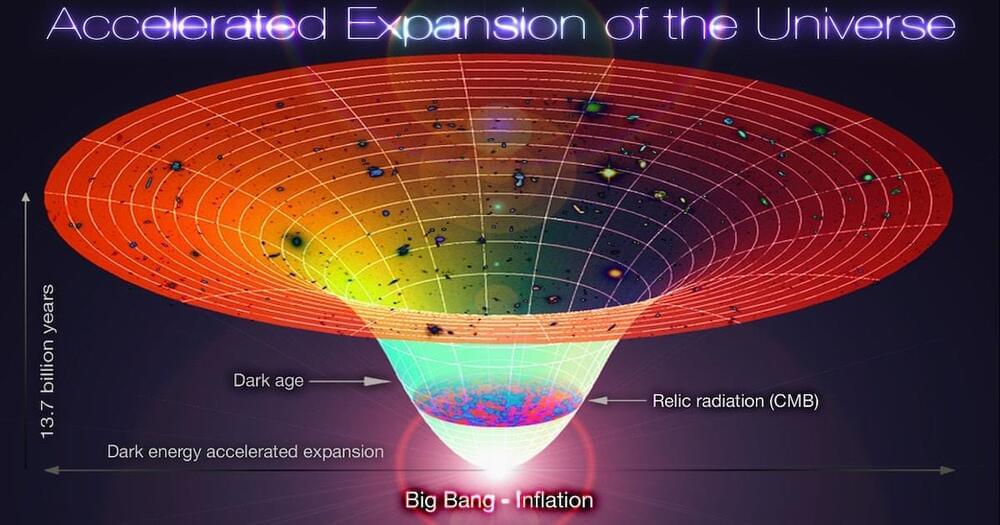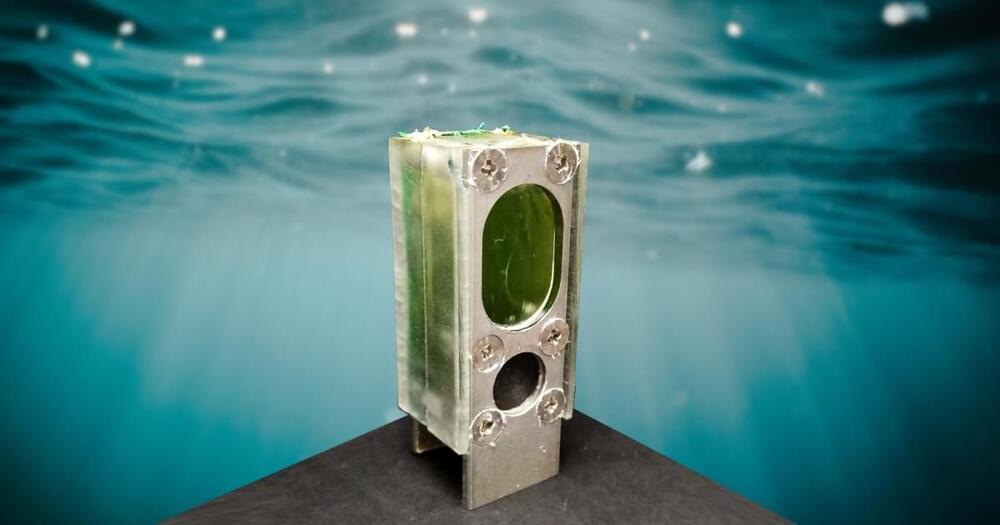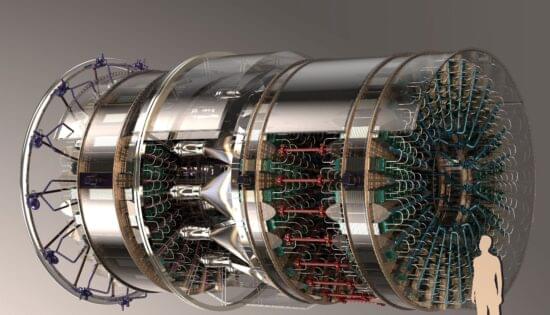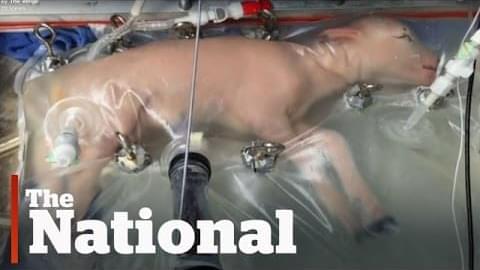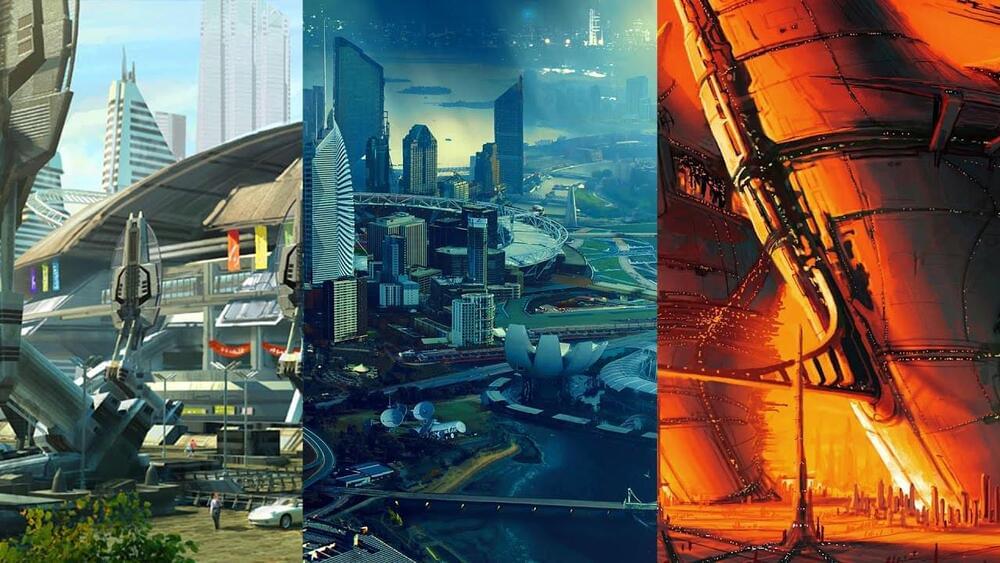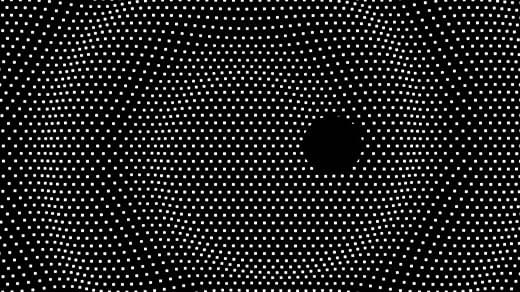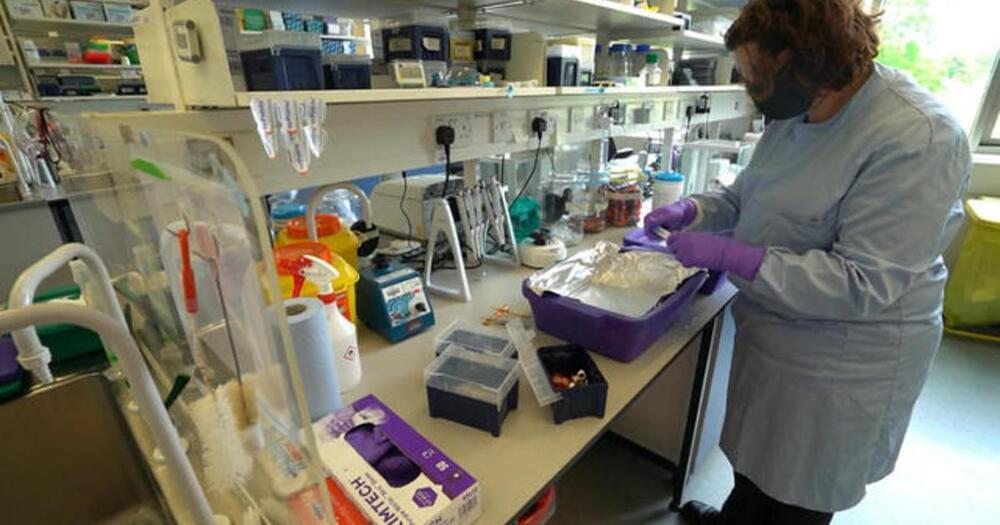Aug 28, 2022
Did the Big Bang happen?
Posted by Dan Breeden in categories: cosmology, mathematics, open access, physics
To try out our new course (and many others on math and science), go to https://brilliant.org/sabine. You can get started for free, and the first 200 will get 20% off the annual premium subscription.
Physicists have many theories for the beginning of our universe: A big bang, a big bounce, a black hole, a network, a collision of membranes, a gas of strings, and the list goes on. What does this mean? It means we don’t know how the universe began. And the reason isn’t just that we’re lacking data, the reason is that science is reaching its limits when we try to understand the initial condition of the entire universe.


